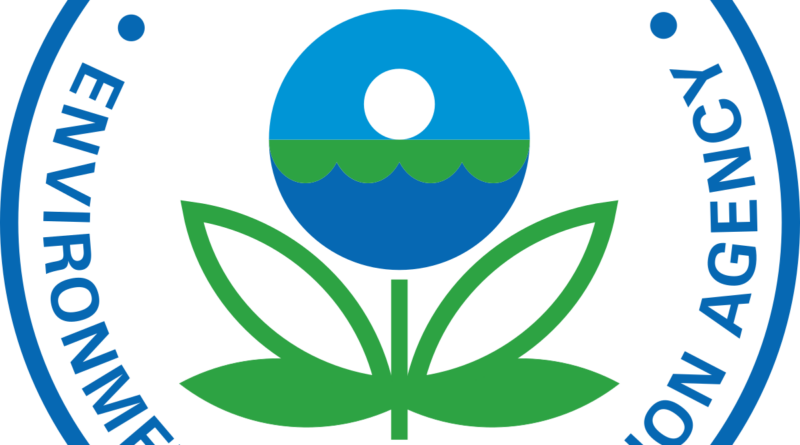$3.6 Million EPA Grant to Ontario, California to Spur Recycling
Today, the U.S. Environmental Protection Agency (EPA) disclosed a grant of $3,571,064 to the City of Ontario, California. The grant aims to support the city in enhancing its recycling collection infrastructure and minimizing food waste through the implementation of a new digital donation tool. This funding is part of the EPA’s Solid Waste Infrastructure for Recycling (SWIFR) Grants program, which has received significant financial backing from both the Bipartisan Infrastructure Law and President Biden’s Investing in America agenda.
According to The United States Environmental Protection Agency, City of Ontario Integrated Waste Director Blaine Ishii said:“The City of Ontario is excited about receiving grant funding to help expand our recycling infrastructure. We are dedicated to improving our post-consumer waste efforts. With this grant funding, the City will make improvements to our recycling program including enhancements in tracking, education, and market development. We look forward to implementing these progressive goals, reducing contaminations and enhancing our recycling and organics collections.”
“California has cut climate pollution by requiring large food businesses to send unsold food to people in need instead of landfills as part of our organics diversion initiative,” said CalRecycle Director Rachel Machi Wagoner. “So far 246 million meals have reached Californians without enough to eat with the help of state funds.”
With this grant, the City of Ontario will establish new recycling collection routes and optimize materials management infrastructure through the purchase of recycling equipment such as electric trucks, electric vehicle charging stations, bins and carts, a power steam wash machine, and software to enhance zero waste strategies. The project will also create a digital food donation marketplace for businesses and nearby nonprofits and expand source separation of organic food waste and mixed recyclables by distributing carts and bins to residents and businesses. The proposed project facilitates the city’s compliance with California Senate Bill (SB) 1383.
SB 1383 requires California to cut organic waste sent to landfills by 75% and send 20% of edible food that would otherwise be landfilled to Californians in need by 2025. California has committed $464 million to organics recycling and surplus food recovery grants and loans, which includes nearly $29 million for food waste prevention and rescue projects. About half of California’s trash is food scraps, yard waste and other organics, and organic waste in landfills emits 20% of the state’s methane pollution. Methane is a particularly harmful driver of climate change, acting to trap heat in the atmosphere.



